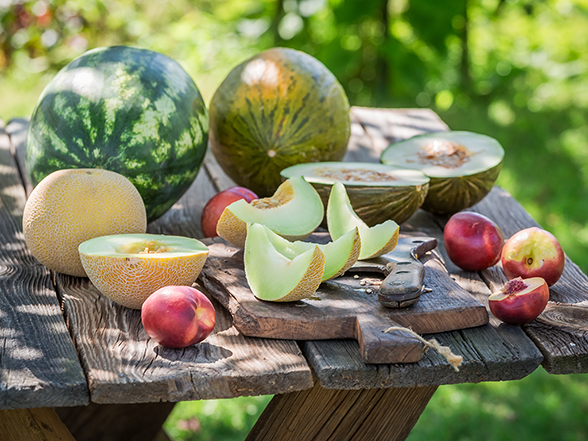Have A Heart-to-Heart With Your Members This Month!

Valentine’s Day isn’t the only special part of February. It’s also American Heart Month.Not to start off with too much heartache, but heart disease is the leading cause of death in the U.S. for both men and women. The good news is 80 percent of cardiovascular diseases, including heart disease and stroke, are preventable through education and action.
According to the Centers for Disease Control and Prevention (CDC), your members can improve their heart health by following the ABCS:
- A Take aspirin as directed by your healthcare professional – Ask your healthcare professional if aspirin can reduce your risk of heart attack or stroke. Be sure to share your family history of heart disease stroke along with your own medical history.
- B Control Your Blood Pressure – High blood pressure increases the risk of heart attack or stroke.
- C Managed Cholesterol – Too much cholesterol can build up in arteries and cause heart disease. Talk to your healthcare professional about cholesterol and how to lower bad cholesterol levels if they are too high.
- S: Don’t Smoke – Smoking raises blood pressure, increasing the risk for heart attack or stroke. There are programs to help older adults to quit smoking. It is never too late!
Heart-Heathy Meals
A well-balanced, heart-healthy diet is beneficial to all ages but especially crucial for older adults. Choosing a variety of healthy foods across all food groups will help reduce your risk of chronic diseases like heart disease, type 2 diabetes, and obesity. Making small changes, one forkful at a time will prevent diseases before they occur.
Home-delivered meals are an easy way to ensure your members are getting meals that are low in salt, sugar, fat, and cholesterol. These heart-healthy home-delivered meals can help older adults with chronic illness or who are recovering after surgery or hospitalization.
Make Physical Activity Fun!
The thought of starting a new exercise routine can be overwhelming for your members, but it does not have to be. Suggest to them to start with The American Heart Association’s minimum goal of 150 minutes a week of moderate exercise. That may seem like a lot to them, but let them know it can be as easy as walking 20 minutes a day. That’s because walking is still one of the best ways to exercise, be active and get fresh air.
- Make sure to choose activities that can be year-round.
- Many communities have walking groups, or includes friends and relatives; having a buddy increases their likelihood of maintaining their new activity. Get some walking tips here!
- Dress in comfortable clothes.
- Always remember to hydrate during your activity
If your members are ready to kick it up a notch, here are the best activities for optimum heart health:
- Aerobic Exercise – such as walking, swimming, biking, tennis, and running. Raising the heart rate improves circulation and can lower blood pressure.
- Strength Training– using free weights, resistance bands, or body-resistance movements like push-ups and squats. Strength training can help to reduce fat and result in leaner muscle mass. Strength exercises can reduce abdominal fat, which puts you at risk for heart disease). Combining strength and aerobic exercise is also beneficial in raising good cholesterol and lowering the bad!
- Flexibility, Balance, & Stretching – yoga and Tai Chi classes can help increase flexibility and balance, which is crucial to reduce fall risk. Gentle stretching movements are relaxing and can add that extra spring to your members’ step!
Taking care of our hearts should be a priority for everyone. By making a few changes, your members see positive results that impact their overall wellbeing and quality of life.
For some tips to help make healthy choices at the grocery store, download our ebook, Your Path To Good Health.

Rafael Cavour is the Regional Sales Director for the Midwest Region at GA Foods. Having grown up in a three-generation home, he is extremely passionate for the care and support that is given to the seniors in our communities. Through his consultative approach, Rafael works with senior nutrition programs across his region to bring not only nourishment with food but also compassion, empathy, and support.


